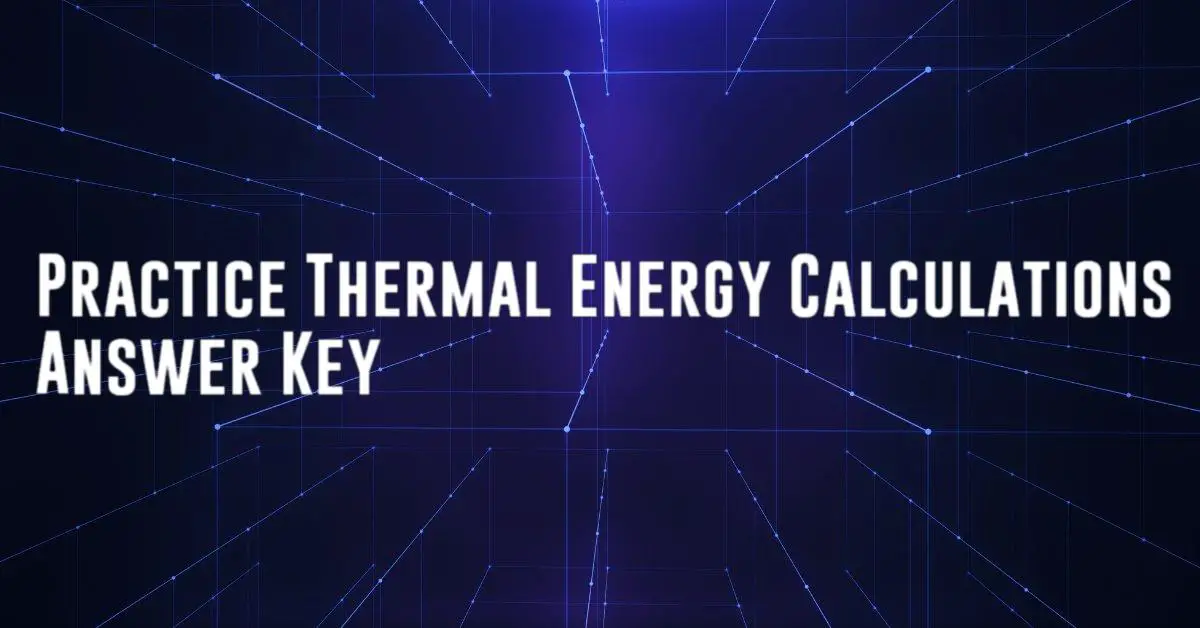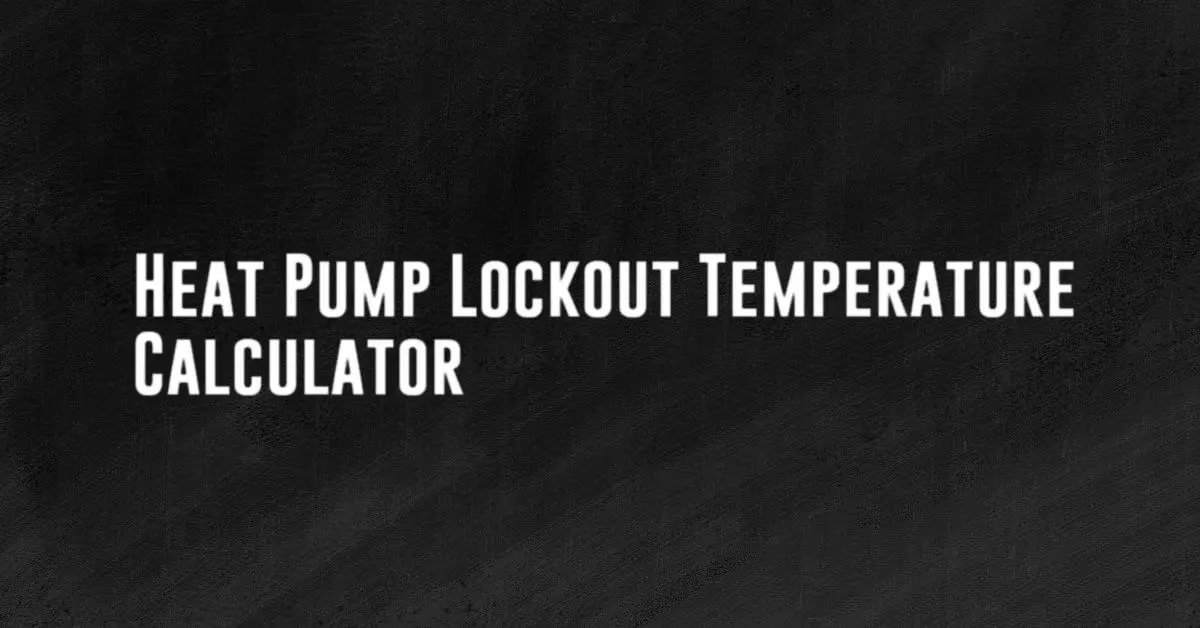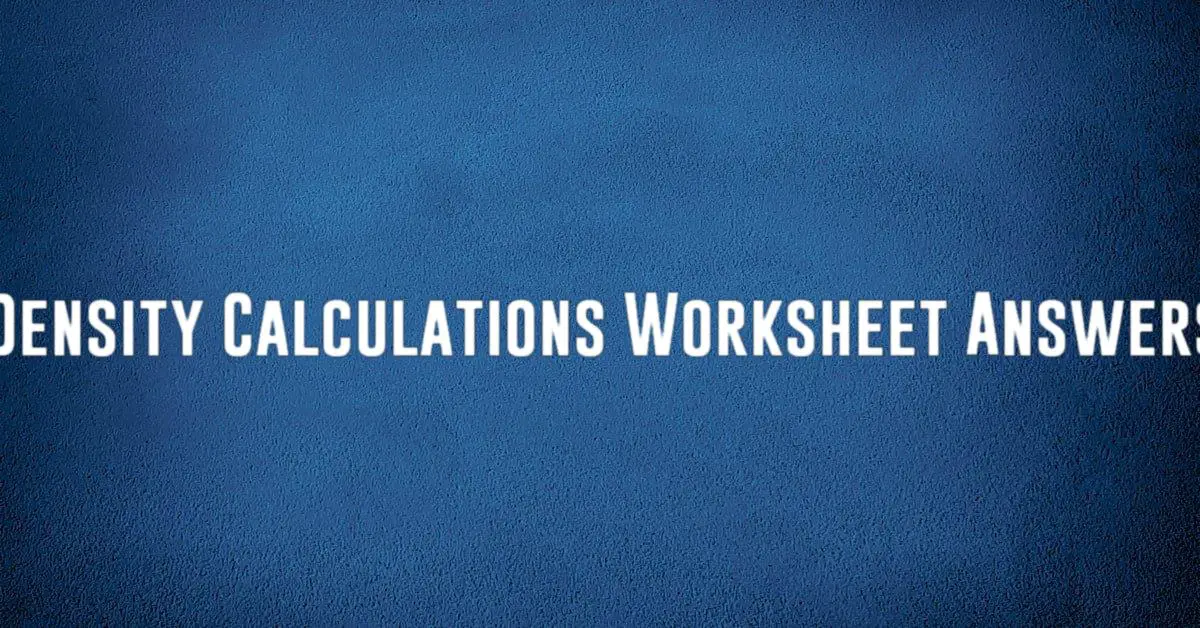Practice Thermal Energy Calculations Answer Key
In this article, we will provide the answer key for practice thermal energy calculations. Thermal energy is the energy that comes from heat. It is important to be able to calculate thermal energy in various situations, such as in heating or cooling systems, to ensure efficiency and proper functioning. By practicing these calculations, you can improve your understanding of thermal energy and its applications in everyday life.
Question 1:
A coffee mug contains 250 grams of hot coffee at a temperature of 80°C. If the specific heat capacity of coffee is 4.18 J/g°C, calculate the thermal energy of the coffee.

Answer: In this question, we can use the formula Q = mcΔT, where Q is the thermal energy, m is the mass, c is the specific heat capacity, and ΔT is the change in temperature. Plugging in the values, we get:
Q = 250g x 4.18 J/g°C x (80°C – 25°C)
Q = 250g x 4.18 J/g°C x 55°C
Q = 57725 J
Question 2:
A heating element in an electric oven has a power rating of 2000 Watts. Calculate the thermal energy produced by the heating element in 30 minutes.
Answer: The thermal energy produced by the heating element can be calculated using the formula E = Pt, where E is the thermal energy, P is the power rating, and t is the time. Plugging in the values, we get:
E = 2000W x 30 minutes
E = 60000 J
Question 3:
A piece of metal with a mass of 500 grams is heated from 20°C to 80°C. If the specific heat capacity of the metal is 0.5 J/g°C, calculate the thermal energy absorbed by the metal.
Answer: Using the formula Q = mcΔT, we can calculate the thermal energy absorbed by the metal:
Q = 500g x 0.5 J/g°C x (80°C – 20°C)
Q = 500g x 0.5 J/g°C x 60°C
Q = 15000 J
Question 4:
A refrigerator operates at a power of 100 Watts and runs continuously for 24 hours. Calculate the thermal energy removed by the refrigerator during this time.
Answer: The thermal energy removed by the refrigerator can be calculated using the formula E = Pt, where E is the thermal energy, P is the power rating, and t is the time. Plugging in the values, we get:
E = 100W x 24 hours
E = 2400 J
Question 5:
An air conditioner has a cooling capacity of 5000 BTU/h. Calculate the thermal energy removed by the air conditioner in one hour.
Answer: The thermal energy removed by the air conditioner can be calculated using the conversion factor 1 BTU = 1055 J. Plugging in the values, we get:
E = 5000 BTU/h x 1055 J/BTU x 1 hour
E = 5275000 J
Question 6:
A kettle contains 1 liter of water at a temperature of 25°C. If the specific heat capacity of water is 4.18 J/g°C, calculate the thermal energy required to boil the water.
Answer: First, we need to calculate the mass of 1 liter of water in grams. Since the density of water is 1 g/cm³, 1 liter of water is equal to 1000 grams. Using the formula Q = mcΔT, we can calculate the thermal energy required to boil the water:
Q = 1000g x 4.18 J/g°C x (100°C – 25°C)
Q = 1000g x 4.18 J/g°C x 75°C
Q = 313500 J
Question 7:
A car engine produces 5000 J of thermal energy per second during operation. Calculate the total thermal energy produced by the engine in one hour.
Answer: To calculate the total thermal energy produced by the engine in one hour, we need to convert seconds to hours. There are 3600 seconds in one hour. Using the formula E = Pt, we get:
E = 5000 J/s x 3600 seconds
E = 18000000 J
By practicing these thermal energy calculations, you can improve your understanding of how thermal energy works and its applications in various systems and appliances. Keep practicing to enhance your skills in calculating thermal energy accurately and efficiently.






